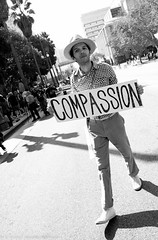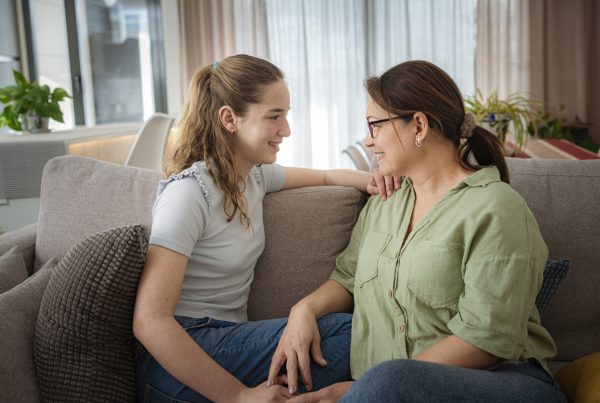Recently I was asked, “What’s the difference between forgiveness and compassion?” Unearthed from a discussion about childhood trauma, recovery, and parents, the discussion had evolved to spirituality and Buddhist practice and the ways in which we can make space for the trauma and hurt of our pasts. There is an answer, of course, but I often find that questions such as these are best answered via experiential stories. Both forgiveness and compassion require that we practice some level of self-acceptance; in order to be forgiving or able to show compassion to others, we have to be able to provide ourselves with the same thing. This, in its very essence, requires patience and dedication. Changing one’s worldview is tough, and not something most of do without some elements of resistance.
To forgive, we must be ready to let go of our anger and resentment toward someone or something. However, the meaning of forgiveness that I prefer is simply “letting go.” The act of compassion is the desire to alleviate the suffering of others. In other words, it is showing care for others while understanding that they are fully responsible for their actions. It doesn’t mean that we are justifying their behavior; instead, by being compassionate, we are making space for others to have their experiences without attaching our reactions to them. This doesn’t come easy. I can tell you from experience that the first few years of my recovery were filled with justified anger. I couldn’t see past my own resentment and fear, hurt and trauma. There simply wasn’t space for that and I wasn’t fortunate enough to have someone in my life to teach me how to create that space. Things have definitely evolved in the world of recovery.
Most of us come to recovery at the lowest points of our lives, finding that addiction and mental illness have negatively impacted our self-esteem, self-worth, confidence, and self-image, among other things. We have a laundry list of harms that have been committed against us and another list of wrongs we committed against others. As with any list, you have to check things off one at a time. However, when we are in the midst of the “fight or flight” response (survival mode), we are actually at the polar opposite of forgiveness and compassion. Try to start simply. It’s the small things that often make the biggest differences in our lives.
- Be kind to yourself.
- Ask for help.
- Feel your feelings, but understand they aren’t facts.
- Pause. When we are stressed, we get busy. It detracts from the stress, but it also disallows us to deal what’s really going on within.
Compassion is not a relationship between the healer and the wounded. It’s a relationship between equals. Only when we know our own darkness well can we be present with the darkness of others. Compassion becomes real when we recognize our shared humanity.
― Pema Chödrön








